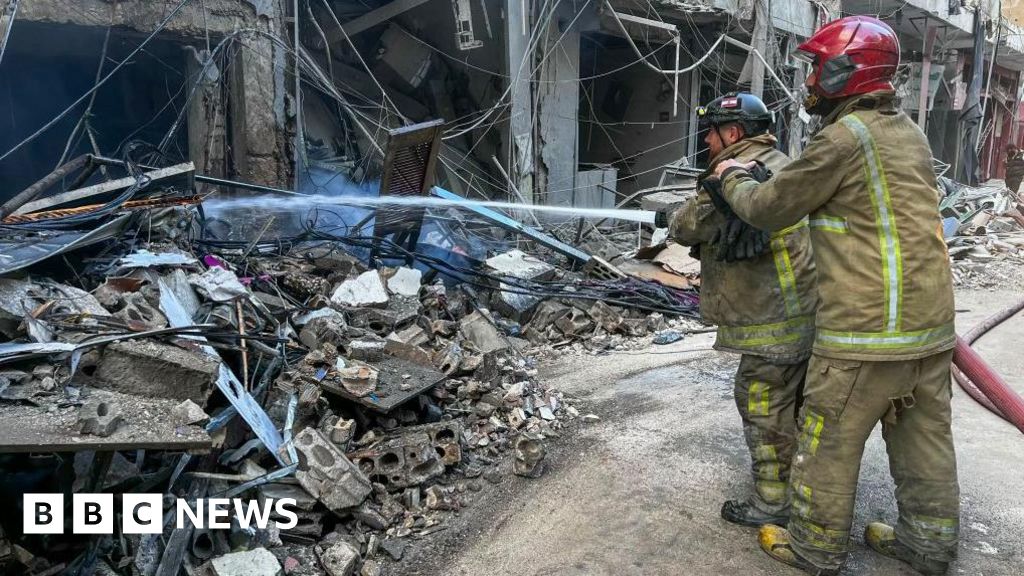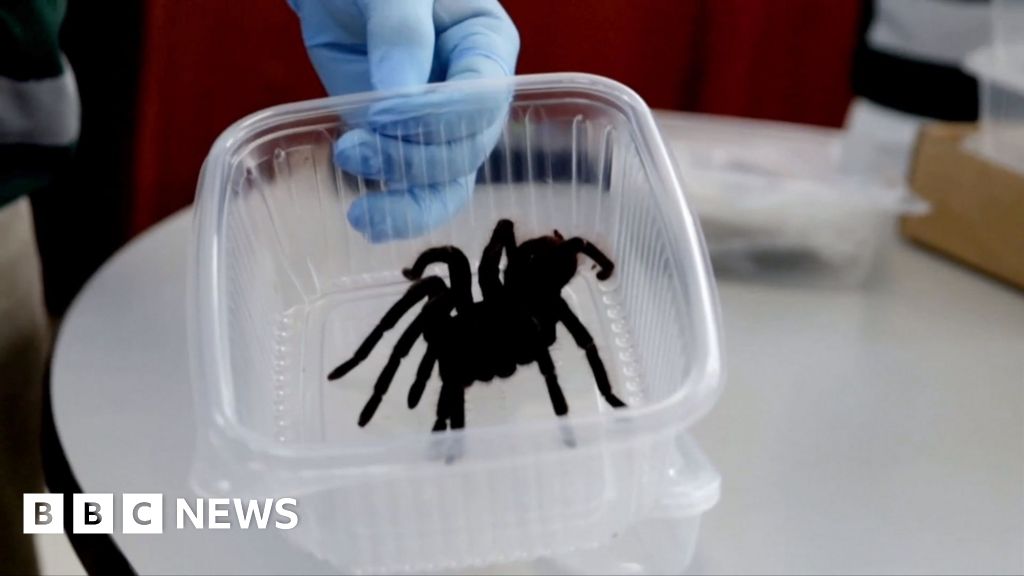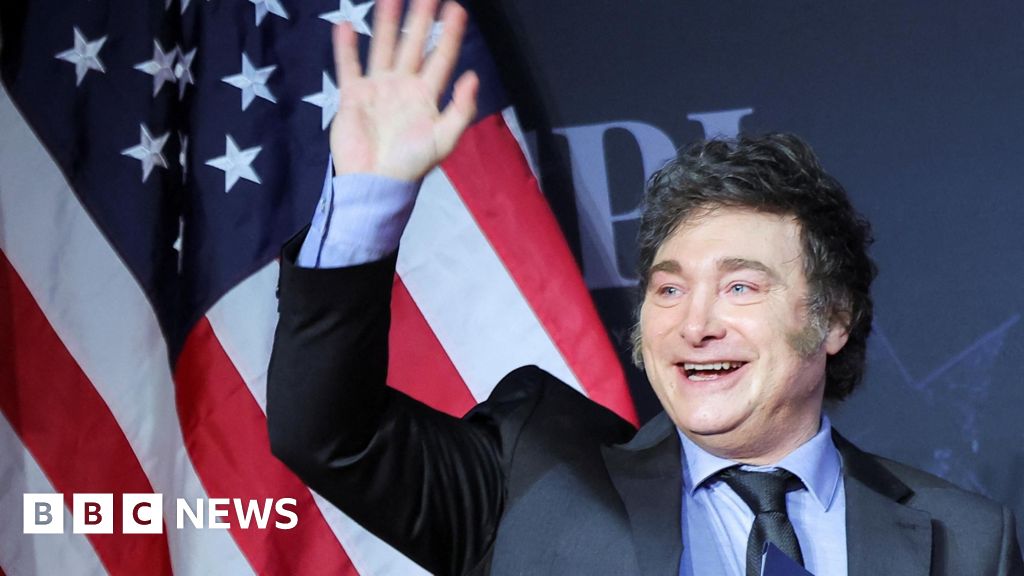ARTICLE AD BOX
Image source, Getty Images
US President Joe Biden says he and his Chinese counterpart Xi Jinping have agreed to abide by the "Taiwan agreement".
Mr Biden appeared to be referring to Washington's longstanding "one China" policy under which it recognises China rather than Taiwan.
However, this agreement also allows Washington to maintains a "robust unofficial" relationship with Tawian.
The announcement comes amid escalating tensions between Taiwan and Beijing.
It has sent "record numbers" of military jets into Taiwan's air defence zone for four consecutive days, which some analysts say could be seen as a warning to Taiwan's president ahead of the island's national day.
Taiwan has its own constitution, military, and democratically elected leaders, and considers itself a sovereign state.
Beijing however, views Taiwan as a breakaway province and has not ruled out the possible use of force to achieve unification with the island.
The "One China" policy, which Mr Biden and Mr Xi are believed to have referred to, is a key cornerstone of Sino-US relations but is distinct from the One China principle, whereby China insists Taiwan is an inalienable part of one China to be reunified one day.
"I've spoken with [Mr] Xi about Taiwan. We agree ... we'll abide by the Taiwan agreement," said President Biden. "We made it clear that I don't think he should be doing anything other than abiding by the agreement.
On Wednesday, Taiwan's defence minister said military tensions with China were at its worst in more than 40 years.
Chiu Kuo-cheng added that China would be capable of mounting a "full-scale" invasion of Taiwan by 2025.
"By 2025, China will bring the cost and attrition to its lowest. It has the capacity now, but it will not start a war easily, having to take many other things into consideration," he said, according to a Reuters report.
Analysts have previously warned that Beijing is becoming increasingly concerned that Taiwan's government is moving the island towards a formal declaration of independence and wants to deter its President Tsai Ing-wen from taking any steps in that direction.
Mr Chiu's latest warning comes even as a Taiwanese parliamentary committee is reviewing a special military spending budget of T$240bn ($8.6bn; £6.32bn) over the next few years that will mostly go towards naval weapons.
The US continues to sell arms to Taiwan as part of Washington's Taiwan Relations Act, which states that the US must help Taiwan defend itself.
China and Taiwan: The basics
- Why do China and Taiwan have poor relations? China and Taiwan were divided during a civil war in the 1940s, but Beijing insists the island will be reclaimed at some point, by force if necessary
- How is Taiwan governed? The island has its own constitution, democratically elected leaders, and about 300,000 active troops in its armed forces
- Who recognises Taiwan? Only a few countries recognise Taiwan. Most recognise the Chinese government in Beijing instead. The US has no official ties with Taiwan but does have a law which requires it to provide the island with the means to defend itself

 3 years ago
46
3 years ago
46








 English (US)
English (US)